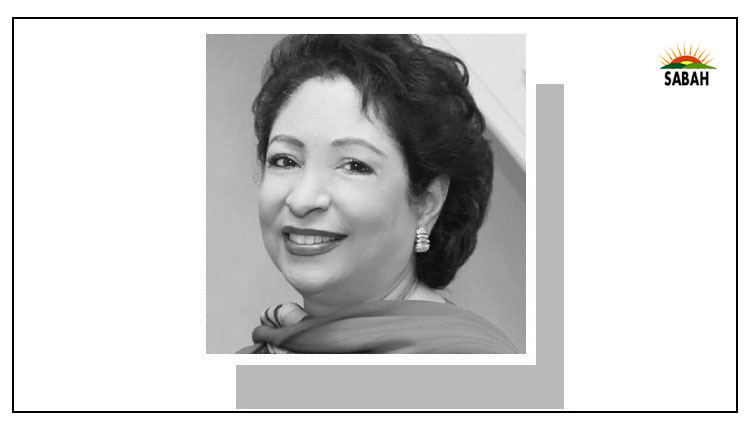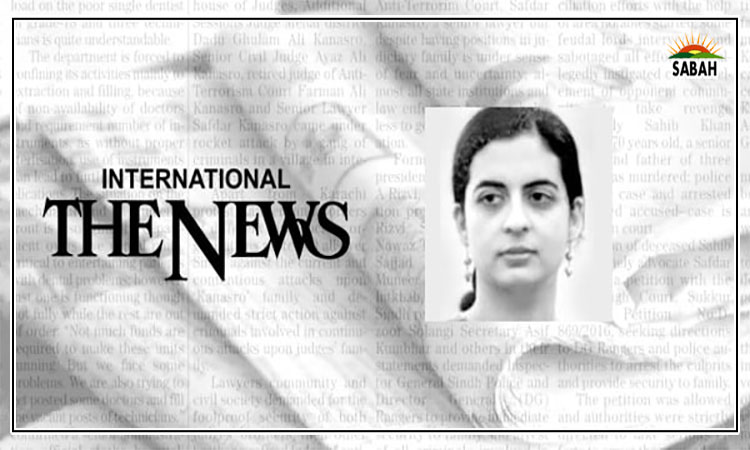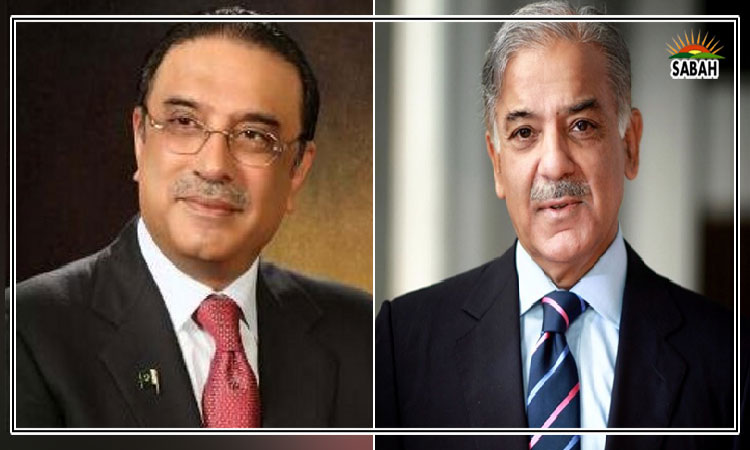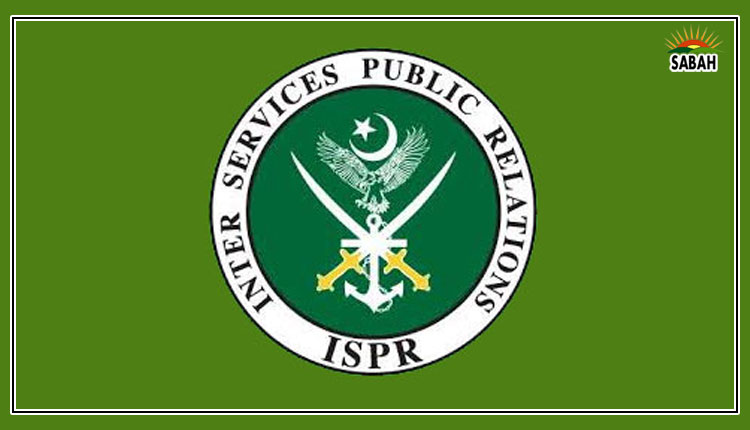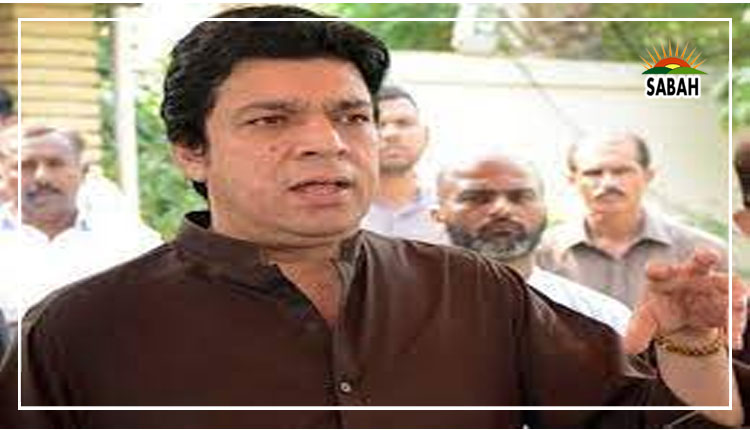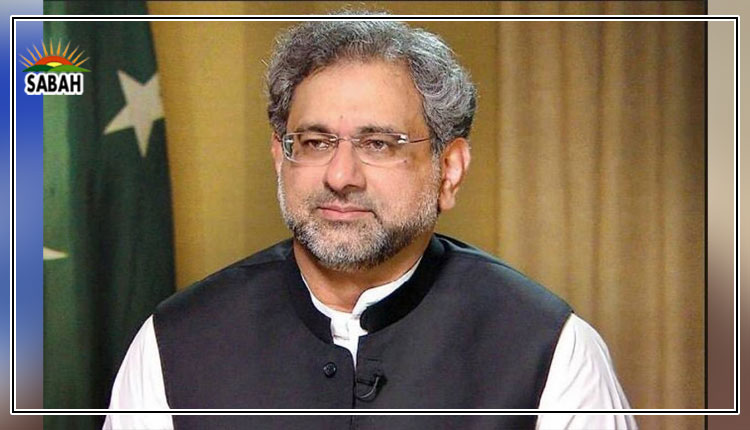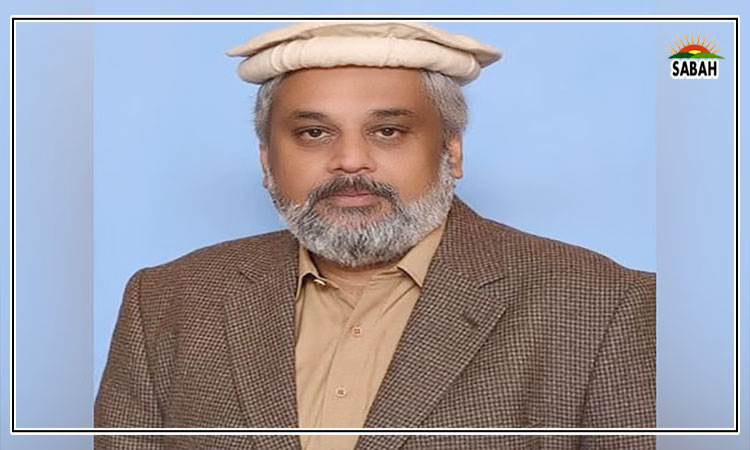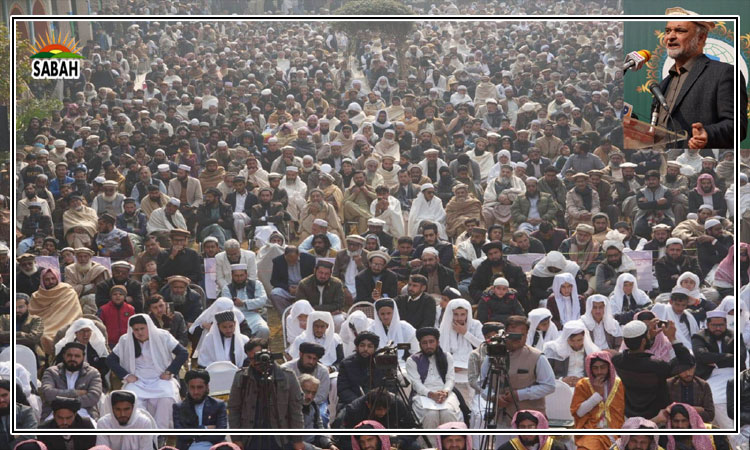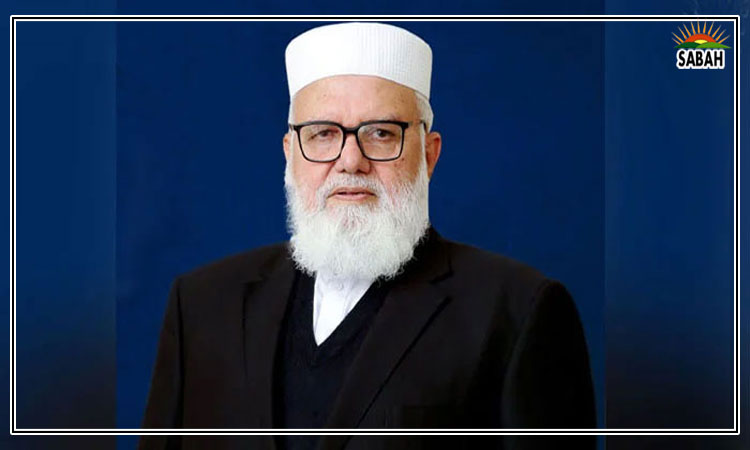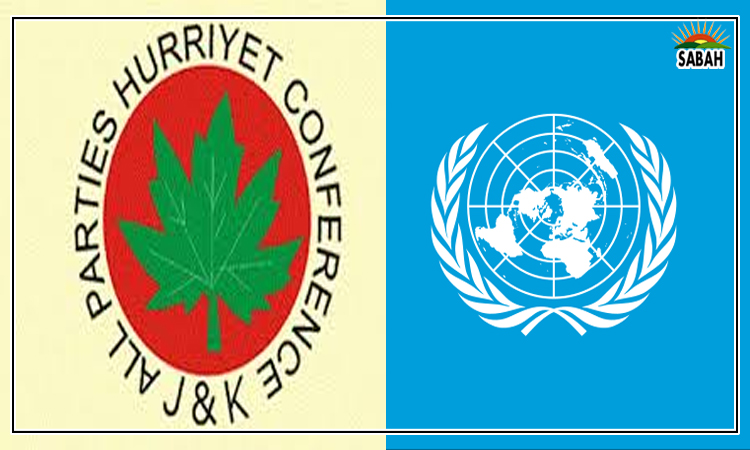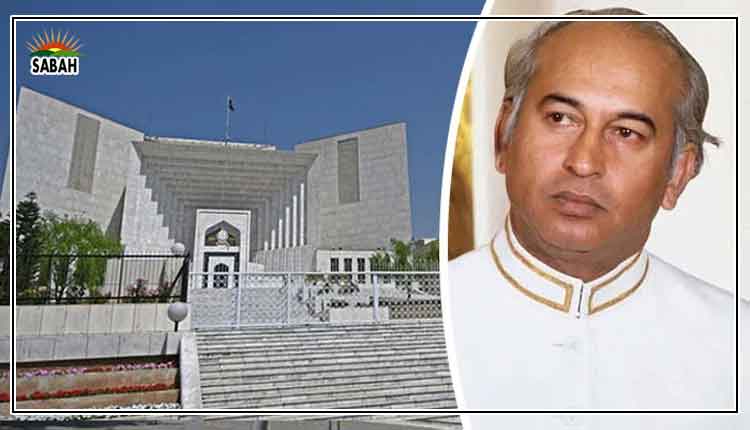Supreme Court says requirements for fair trial weren’t met in murder trial of Zulfikar Ali Bhutto
ISLAMABAD, March 06 (SABAH): The Supreme Court of Pakistan on Wednesday issued its reserved opinion on the trial, sentence, and execution of the late prime minister Zulfikar Ali Bhutto, saying that he did not get a chance to a “fair trial”. The court in its opinion says that the Constitution and the law do not provide a mechanism to set aside the judgment whereby Mr. Bhutto was convicted and sentenced; the said judgment attained finality after the dismissal of the review petition by this Court.
A nine-member bench of the top court, headed by Chief Justice of Pakistan (CJP) Justice Qazi Faez Isa, reserved its opinion on the 2011 presidential reference seeking to revisit the sentence, and execution of the Pakistan Peoples Party (PPP) founder and former premier Zulfiqar Ali Bhutto. The bench also comprises Justice Sardar Tariq Masood, Justice Syed Mansoor Ali Shah, Justice Yahya Khan Afridi, Justice Amin-ud-Din Khan, Justice Jamal Khan Mandokhel, Justice Muhammad Ali Mazhar, Justice Syed Hasan Azhar Rizvi and Justice Musarrat Hilali.
“Zulfikar Ali Bhutto did not get a fair trial and it was not in accordance with the Constitutional requirement of due process,” said CJP Isa while announcing the short order.
At the outset of the hearing, CJP Isa shared that the bench had come to a unanimous decision. Reading the short order, the chief justice said that the judges are bound to “do right to all manner of people according to law without fear of favour, affection or ill will”.
“We must, therefore, be willing to confront our past missteps and inffalibities with humility in the spirit of self-accountability and as a testament to our commitment to ensure that justice shall be serving with unwavering, integrity and fidelity to the law,” said the CJP.
The CJP said that the reference filed by the President of Pakistan has provided us an opportunity to reflect upon the proceedings of the trial, conviction and death sentence of Mr. Bhutto, under the regime of the military dictator General Zia Ul Haq. The reference was filed during the government of the political party founded by Mr. Bhutto but the successive governments of other major political parties carried forward this inquiry and did not opt to withdraw the reference. This collective interest reflects the widespread desire of the people of Pakistan to seek the opinion of this Court on whether Mr. Bhutto was afforded a fair trial and due process for his trial for the murder of Mr. Muhammad Ahmed Khan Kasuri.
He also read the five questions raised in the reference.
The CJP read the first question i.e. “Whether the decision of the Lahore High Court (LHC) as well the Supreme Court of Pakistan in the murder trial against Shaheed Zulfiqar Ali Bhutto meets the requirements of the fundamental rights as guaranteed in Article 4, sub-articles 1 and 2(a), Articles 8, 9, 10-A due process and Article 14 and 25 of the Constitution.”
CJP Isa then read the court’s opinion, saying “The proceedings of the trial by the LHC and of the appeal by the SC do not meet the requirements of the fundamental rights to a fair trial in due process enshrined in Articles 4 and 9 of the Constitution and later guaranteed as the separate and independent fundamental right under Article 10-A of the Constitution.”
“At the time, the relevant Article 10-A wasn’t part of the Constitution but the principles enunciated therein have always been part of our jurisprudence.”
“The second part of the opinion of this question is that the question and the Constitution and the law does not provide a mechanism to set aside a judgment whereby Bhutto was convicted and sentenced. The said judgment attain finality after the dismissal of the review petition by this court,” remarked the chief justice.
He then read the second question i.e. “Will the conviction leading to the execution of Bhutto could be termed as the decision of the SC binding on all courts being based upon or enunciating the principle of law in terms of Article 189 of the Constitution?”
Reading out the court’s opinion, CJP Isa said: “Reference questions do not specify the questions of the principle of law enunciated by this court in the ZAB case regarding which our opinion is sought. Therefore it cannot be answered […].”
The CJP then read the third and fifth questions that are: “Whether in the peculiar circumstances of this case awarding and maintaining of the death sentence was justified or it could amount to deliberate murder keeping in view glaring bias against Bhutto?”
“The second question was whether on the basis of conclusions arrived at inferences drawn from the evidence material in the case and order of conviction and sentence against Bhutto could have been recorded?”
Reading the court’s opinion, CJP Isa said: “In its advisory jurisdiction and Article 186, this court cannot reappraise the evidence and undo the decision of the case. However, in our detailed reasons, we shall identify the major constitutional and legal lapses that had occurred with regard to fair trial and due process. We did not find that the fair trial in due process requirements were met.”
“Question number four referred to Islamic injunctions and our opinion is [that] we were not rendered any assistance on this question. Therefore, it would be inappropriate to render an opinion on the Islamic aspect,” he said.
The CJP reiterated that the court has decided that Bhutto did not get a fair trial and it was not in accordance with the Constitutional requirement of due process.
As the opinion was read out, the late Bhutto’s grandson, Bilawal Bhutto-Zardari — clad in a black shalwar kameez and dark blue jacket — solemnly stood alongside his lawyer Farooq Hamid Naek and Mian Raza Rabbani, and could be seen wiping his face with a handkerchief.
He later emerged from the courtroom with sunglasses on and briefly spoke to reporters outside the Supreme Court of Pakistan and did not take questions of the journalists. The PPP chairman called the court’s views “historic”, adding that they were awaiting the detailed opinion.
He hoped that, 44 years later, the SC’s opinion would allow Pakistan to progress, and that the “system” would finally be put on the right path.
“The stain of this decision made it difficult for the people of Pakistan to have faith in the court, and get justice from this court, especially if someone like the prime minister did not get justice,” Bilawal said. He thanked the judges and amici curiae for hearing and fighting the case.
In a post on X, Bilawal noted that the SC’s opinion came “44 years after judicial murder and more than 12 years after [the] presidential reference was filed”.
“The pursuit of justice was a labour of love by President Asif Ali Zardari in the name of his wife Shaheed Mohtarma Benazir Bhutto. Our family waited 3 generations to hear these words.”
His sister Bakhtawar Bhutto-Zardari said the apex court “unanimously concludes that our grandfather was a victim of an unfair trial”. She thanked her father for “filing [the] reference to correct history”.
Aseefa Bhutto-Zardari said her grandfather’s “blood stains the steps of the Supreme Court”.
In a post on X, she called it “a permanent reminder of the grave injustice that weighs heavily on those hallowed halls”. “Over four decades later, justice has finally prevailed,” Aseefa added.


